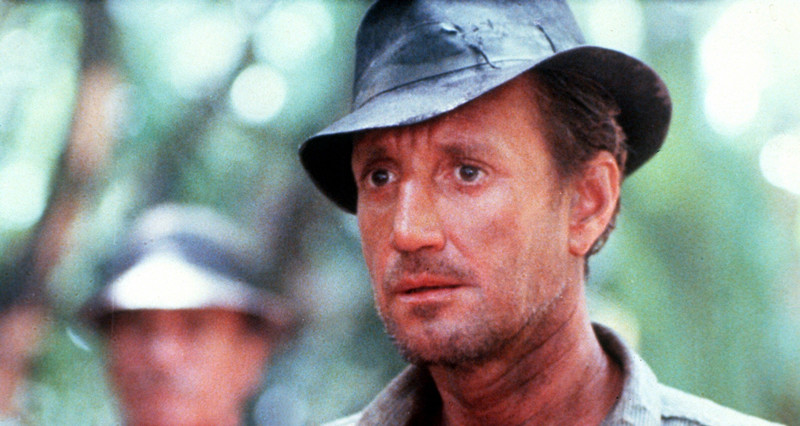
It’s hard to say something about William Friedkin that hasn’t been said. One of the greatest filmmakers emerging from the New Hollywood movement. James Gray once called him “The greatest living filmmaker of America”. He came from the world of documentaries and found a way to mix his documentary-style naturalism sensibilities with blockbuster entertainment, delivering wildly entertaining movies with actual thought-provoking themes and groundbreaking technical achievements.
This list highlights his best but he hasn’t done an outright flop; “The Hunted” is interesting because it’s almost like an arthouse “First Blood” with realistic action sequences, “Blue Chips” is the one for basketball fans, and “Rules of Engagement” is a thought-provoking military drama and a minor, late-career box office success. Then there are, of course, the music videos (such as Laura Branigan’s “Self-Control”), operas, and fantastic episodes of television including “Nightcrawlers” from “The Twilight Zone” he directed.
Friedkin was always original, always re-invented himself, and even outside of his directing career, he was a master storyteller. Watch any interview of his and you’ll find yourself involved with his stories, which are not only insightful but also laugh-out-loud funny. He could be a stand-up comedian in another life. While we look forward to his new film, which will be premiered at Venice Film Festival, starring Kiefer Sutherland, here we can take a look at ten of the many great films he made. Also, if you love movies, read his memoir “The Friedkin Connection”. Full of great anecdotes. There will never be another one like him.
10. Rampage (1987)
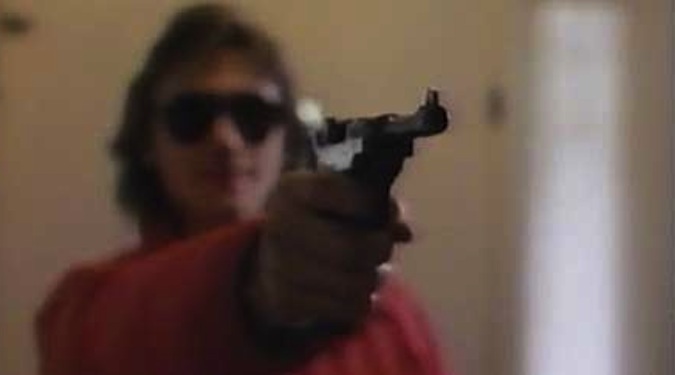
While remembering Friedkin, Francis Ford Coppola said he might be the only colleague he personally knows whose work has saved a life. That film was “The People vs. Paul Crump”, a documentary he made for Chicago television about the prisoner Paul Crump who was on death row for robbery and murder. The film contributed to the commutation of Crump’s death sentence. Years later, Friedkin came back to the subject of the death penalty in the less-known “Rampage”. There had to be one of the underrated ones of his filmography here and it feels like fitting one. As the producer went bankrupt, film didn’t get a proper release.
It took five years to get a proper release and went largely unnoticed. Friedkin himself explains the plot as such: “It’s the story of a young man (Charles Reece) who kills random victims four days before Christmas. The novel examined not only the morality of the death penalty and the insanity defense, but issues such as justice versus revenge as well as gun control.” Years later, Friedkin didn’t think he hit the mark with the film, but then again, that’s the way he thinks about many of his films including entertaining “The Brink’s Job” and one of his best “To Live and Die in L.A.”. The late, great Ennio Morricone wrote a great score for this movie that you should also check out.
9. 12 Angry Men (1997)
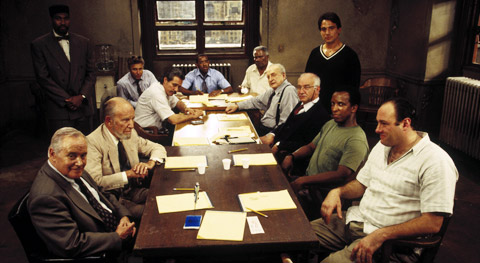
The Oscar-winning director was also an Emmy nominee. Friedkin rarely returned to television since his early days but when he did, he often tried to make it for a worthwhile project. In the early 80s, he directed one of the best episodes of “The Twilight Zone” revival called “Nightcrawlers” and in the 1990s, he remade “12 Angry Men”.
Most movie watchers have already seen Sidney Lumet’s version and is rightfully considered a classic but that’s what makes Friedkin’s version so compelling. We know the story but we’re still very much engaged with the whole thing. The acting is once again terrific with great names in the cast, the racial update to the Jury adds a lot and the pacing/editing is even more smooth. Some of the dialogue and plot points obviously feel outdated for a film made in the late 70s but thanks to the strength of the material and Friedkin’s confident direction, you manage to ignore all those and enjoy the show.
The movie is also notable for resulting in one of the most memorable Golden Globe moments where Ving Rhames (who won for “Don King”) decided to give his award to Jack Lemmon for his performance here. Friedkin also recalled how he told James Gandolfini that soon he’ll be a bigger name and he was not wrong.
8. The Boys in the Band (1970)
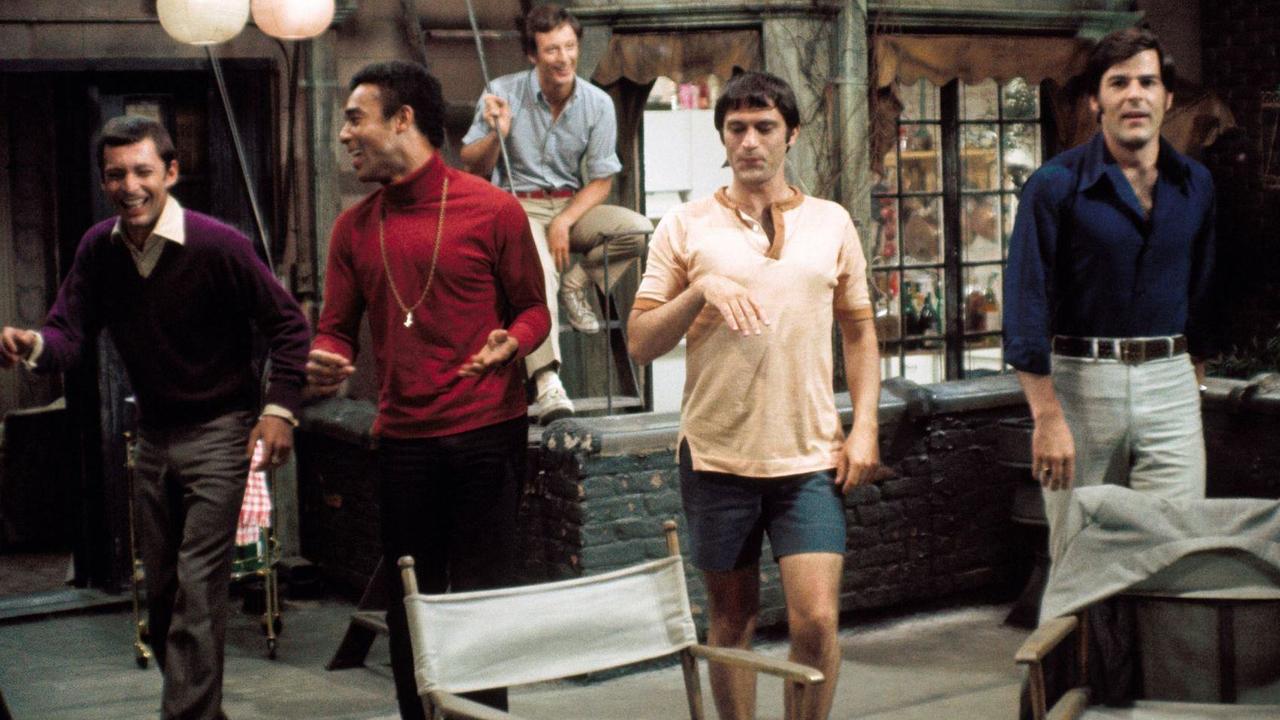
Friedkin was often noted for delivering two important and well-known films about gay men, despite being a straight director. That annoyed him a bit, and even argued with Nicolas Winding Refn that nobody is 100% straight or gay and “everybody had heterosexual thoughts and homosexual thoughts”. Now you can debate about his arguments but certainly, he made two iconic films.
They recently tried to remake “Boys in the Band” but it didn’t work because it’s Friedkin’s almost claustrophobic setting that makes the story powerful, that you can’t escape from yourself, from your nature, from the truth. The recent remake lacked that. This is what makes Friedkin a unique director, you can try to imitate him but never equaled.
The film, just like the play it was based on, revolves around a group of gay men who gather for a birthday party in New York City, and was groundbreaking for its portrayal of gay life. Friedkin didn’t hold most of his films in high regard but he loved this one and called it one of his own favorites. Certainly a milestone and just one the first of many groundbreaking films he’ll make.
7. Cruising (1980)
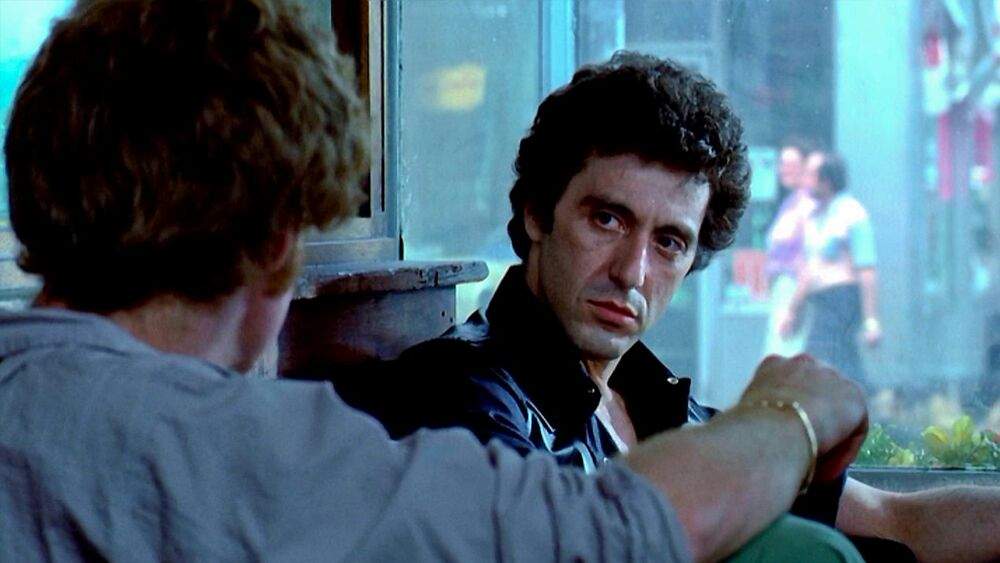
Here comes the controversial one. The film is notorious for the protests against it and the general backlash. Friedkin himself addresses: “I simply used the background of the S&M world to do a murder mystery; it was based on a real case. But the timing of it was difficult because of what had been happening to gay people. Of course, it was not really set in a gay world; it was the S&M world. But many critics who wrote for gay publications or the underground press felt that the film was not the best foot forward as far as gay liberation was concerned, and they were right.” And what a fascinating murder mystery that was. Not just the film but the real story inspired it is something else.
Luckily, Friedkin lived long enough to see the film getting re-appraisal including from high-profile filmmakers like Tarantino. Friedkin didn’t get along with Al Pacino as he thought Richard Gere would be better fit for the part instead. Still, it’s one of Pacino’s more interesting and daring performances back in time and the movie itself is such a fascinating, unique experience. One of his most haunting and atmospheric ones.
6. Killer Joe (2011)
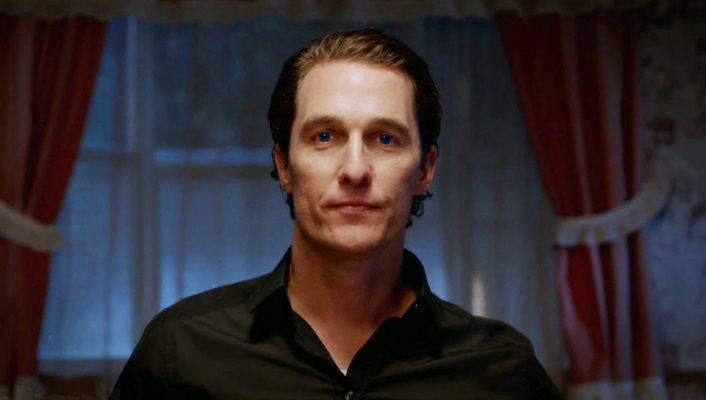
Friedkin re-invented himself in the 2000s with going back to his independent filmmaker roots with two Tracy Letts adaptations; “Killer Joe” and “Bug”, which we’ll talk about later. “Killer” Joe was Letts’ first play, written more than a decade before his smash hit “August: Osage County” which also got adapted into a movie but would be much better with Friedkin behind probably.
The story is about Joe Cooper, played by Matthew McConaughey in one of his early “McConaissance” roles. He is hired to kill the mother of a young drug dealer, Chris, with Chris’s father Ansel as an accomplice. However, they cannot afford to pay Joe, so he accepts Chris’ innocent sister Dottie as a form of payment until the debts can be paid.
The film is brutal, dark and strangely funny. Type of original, fresh film that you can’t believe an old filmmaker made. That’s how “new” it feels. In an ideal world, McConaughey and the always underrated Gina Gershon would’ve gotten an Oscar performance but it was a film that is “too much” for many. Especially because you’ll never look at chicken ever again. Friedkin has made a new film since then that is supposed to get a release sometime soon but “Killer Joe” would’ve been one of the best swan songs ever.